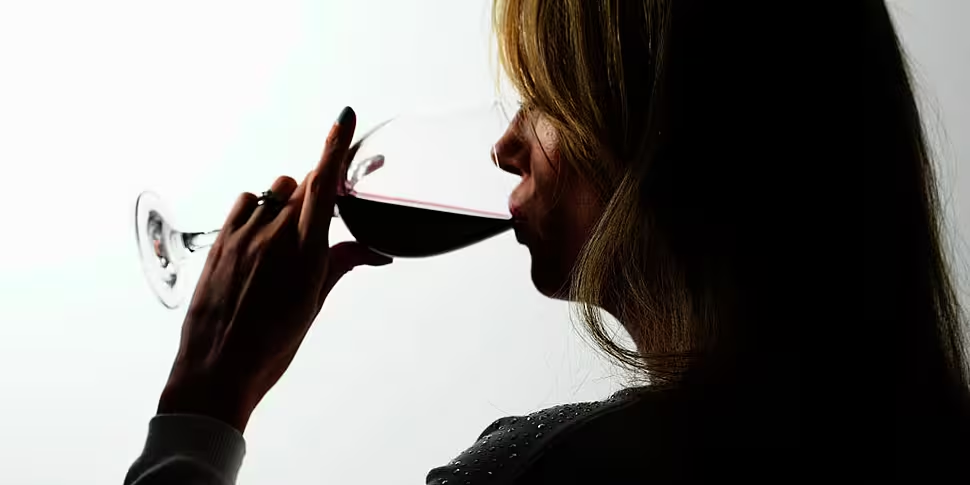On this week's 'Parenting' segment on the Moncrieff show, one listener sought advice about talking to her children about alcoholism.
Joanna Fortune, psychotherapist specialising in Child & Adult Psychotherapy, joined Moncrieff to answer this and other listeners' questions.
The question:
"My son is 10. I have two younger kids. My mother has a very bad alcohol and prescription pill addiction."
"I've limited my contact and will not take my kids to my family home as there's no way of knowing how my mother will be when we arrive. Even if she is sober when we arrive, she may not be sober 20 minutes later, and I never want them seeing their grandmother like that."
"Alcohol is a big problem in our family, going through the generations, and as my son gets older and begins to learn about alcohol - as it is covered in school - I'm wondering is addiction and how it has affected our family something I should openly discuss with him. If so, what age is appropriate and how much detail do I give?"
"My biggest fear is that he will somehow pick up on the same message as my mother has, which is that in my family some people are addicts and it can't be helped."
"She will often say things like "I can't help it, I'm an alcoholic". I don't even know if this is something I should discuss with my kids at all. Am I better off to leave it and never bring it up?"
Joanna's response:
"No."
"We have to start with thinking about how stressful it must have been to be the child of that mother. It's so stressful to grow up with that unpredictability."
"I would always be a fan of yes, you tell your children truth."
"When you say: What age is appropriate? It's much more about developmental capacity than chronological age, and the same goes for how much detail you give."
"What you don't want is that you decide that this is the moment I'm going to address this highly emotive, triggering, anxiety-provoking narrative for me, and you overwhelm your son with it."
"Give a little bit of information, let that sit, check how he's understanding it, what his questions might be, and you go back to the story and you grow and extend it once he has time to digest the information."
"It is not you or your son's responsibility to hold a family secret like that, and sometimes it's in secrecy that these things can fester."
"Don't demonise alcohol in general because your son will see people enjoying alcohol and that can be very confusing then."
"If you feel it's appropriate - you know your son better and your own capacity to tell this story - you could use granny as an example without demonising her either because she's still their grandmother."
"Children are wise and he will be learning about the health aspects of alcohol too, which will include the ill-health aspects of alcohol, so he will have some frame of reference."
"You might want to give him some of the story before school are covering it, or at least be aware of the messaging that the school content is so that you can align with that, but then extend it as it is with your family."









